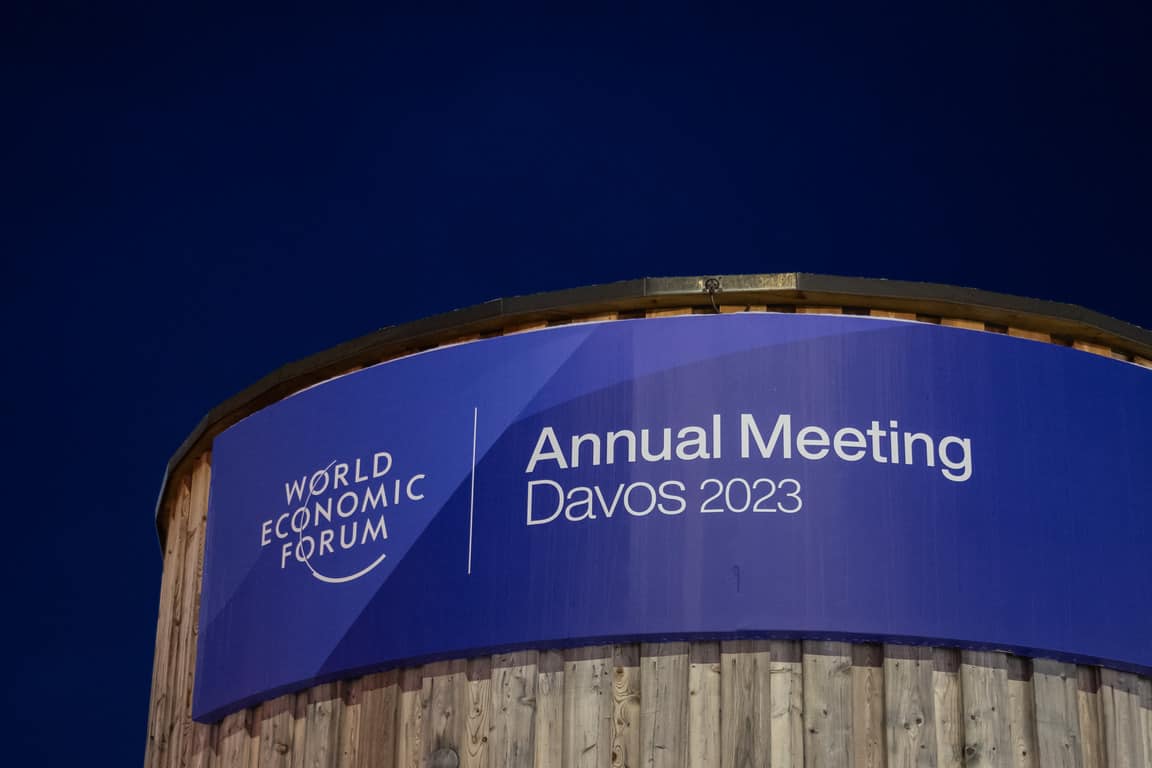Dubai, UAE— Since its launch two years ago, the First Movers Coalition (FMC) has become the world’s largest private sector demand signal for emerging climate technologies.
Its members have moved from commitment to action: signing offtake agreements, driving demand for low carbon products to global decarbonization initiatives, and collaborating with global partners to advance emerging climate technologies.
Members have made significant progress on commitments, delivering direct investment in climate technologies and tangible offtakes. As of COP28, coalition members have signed 94 offtake agreements to buy emerging climate technologies from qualified suppliers.
The FMC was launched at COP26 as a partnership between the World Economic Forum and US Special Presidential Envoy for Climate John Kerry to help decarbonize the world’s heavy-emitting sectors via private sector demand for decarbonization technology.
From 35 members at its inception, this coalition has grown to 95 members, who have collectively made 120 commitments. By 2030, these commitments will represent an annual demand of $15 billion for emerging climate technologies, and 29 million tonnes (Mt) CO2e in annual emissions reductions.
It is estimated that 50% of the reductions needed for net-zero emissions by 2050 must come from technologies not yet available at scale – technologies like hydrogen to produce low-emission steel, sustainable aviation fuel, or carbon capture and storage technologies that capture residual emissions.
Led by the World Economic Forum and the US Government, the FMC is dedicated to addressing the decarbonisation challenges of seven hard-to-abate sectors — aluminium, aviation, chemicals, concrete, shipping, steel and trucking — which collectively contribute to 30% of global emissions. As a collective of leading industry players, the members work to aggregate their purchasing power, prompt more investments in zero-emission solutions and scale their production.
Members of the Coalition commit to developing or implementing a percentage of near-zero or zero-carbon solutions, despite the associated premium costs. Building early market demand for these solutions by 2030 will be critical to scaling to mainstream adoption across carbon-intensive sectors.
This collective commitment by global companies is designed to create a market tipping point, advancing the affordability of clean technologies and catalysing a long-term, net zero transformation across industrial value chains.
The FMC currently has more than 90 members, whose commitments will represent an annual demand of $15 billion for emerging climate technologies and 29 million tonnes of CO2 equivalent in annual emissions reductions by 2030.

